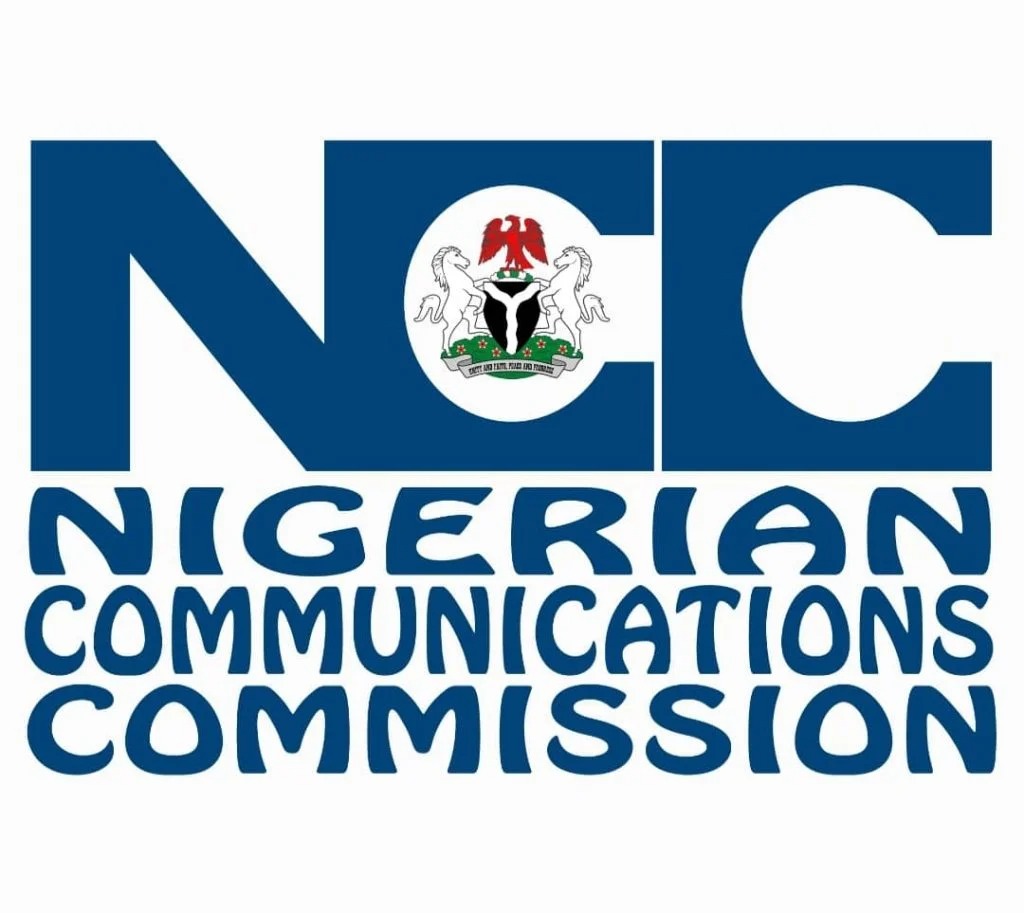The Nigerian Communications Commission (NCC) has issued an appeal to states and local government areas across the country, urging them to reduce taxes imposed on telecommunication companies. The Commission emphasized that excessive taxation could impede the growth of the industry.
In light of the Federal Government’s plan to implement a five per cent excise duty on telecommunication services as part of its revenue-generation strategy, the Executive Vice Chairman of NCC, Aminu Maida, expressed concerns over the already high tax burden on telecom operators. He highlighted that current taxes, ranging between 50 to 55 per cent, would hinder efforts to attract foreign investments into the sector, aligning with President Bola Tinubu’s directive to the commission.
Maida disclosed plans for a nationwide advocacy campaign aimed at persuading state and local governments, as well as other stakeholders, to reduce levies imposed on telecom companies, particularly Right of Way charges and multiple taxes. He stressed the importance of creating a conducive environment for massive investments in the sector, which would lead to job creation and other value chains.
During an interactive session with journalists in Abuja, Maida assured that the ongoing dispute between major telecom giants, MTN Nigeria and Globacom Network, would be resolved amicably, emphasizing the commission’s commitment to ensuring a level playing field for all stakeholders.
Furthermore, he outlined NCC’s strategic vision based on five pillars to drive the telecom industry and contribute to the country’s Gross Domestic Product (GDP). Acknowledging challenges related to the quality of services provided by mobile network operators and Internet service providers, Maida emphasized the adoption of a “total consumer experience” approach to address these issues.
He advised consumers experiencing data depletion concerns to consider factors such as handset types, available services, and digital service usage, highlighting the importance of ensuring a transparent and supportive network environment for consumers.
